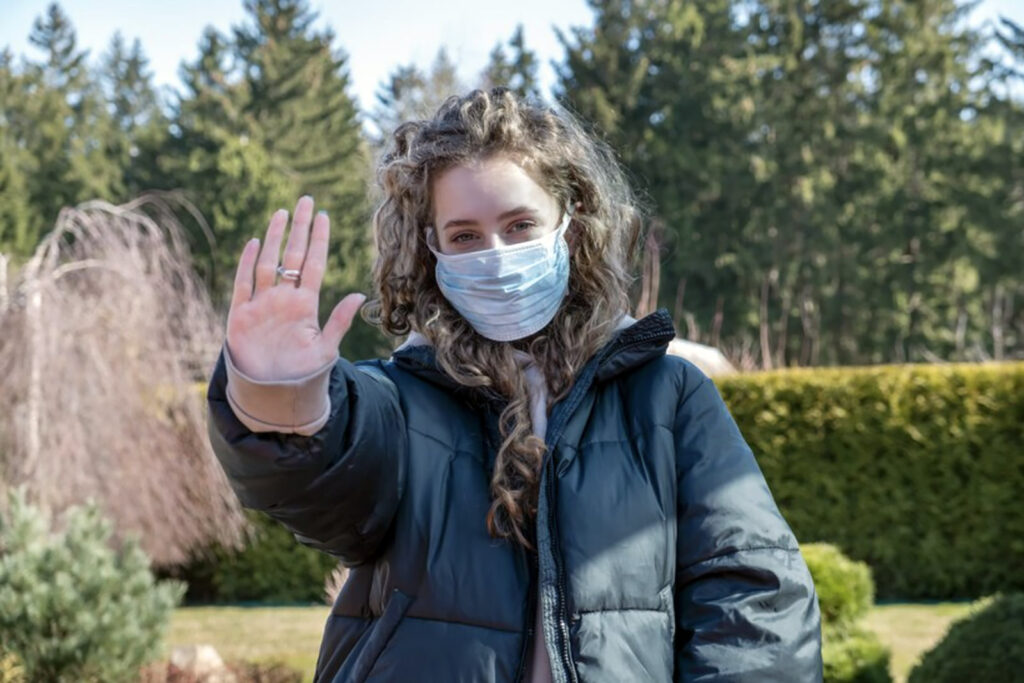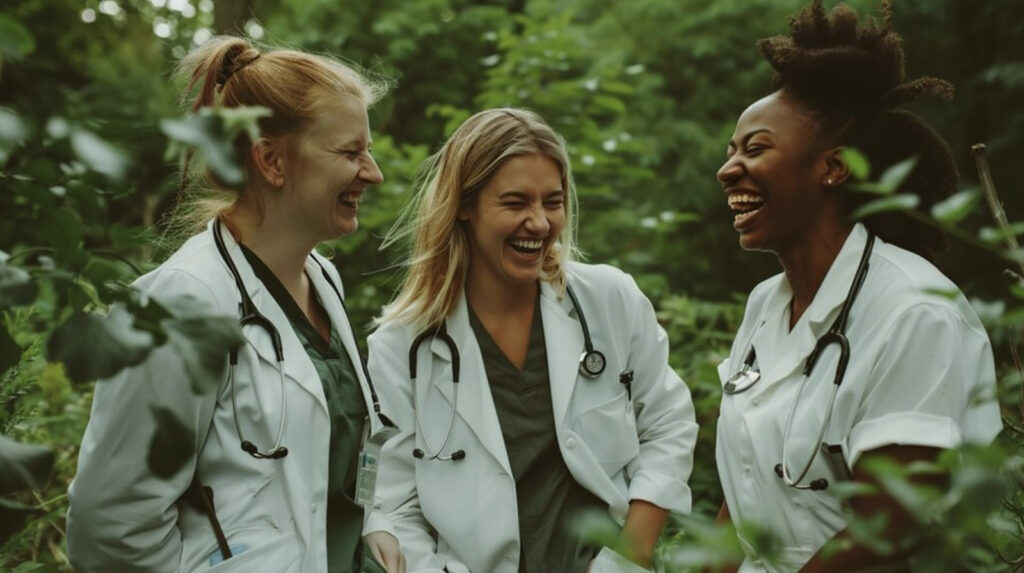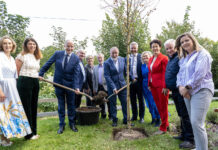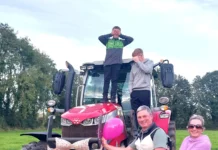The rolling hills and tranquil landscapes of rural Ireland have always held a unique charm—scenes of peace and serenity to the outside world. Yet beneath that calm, the people living in these remote areas have endured their own mental health struggles, often unnoticed, particularly in the aftermath of the COVID-19 pandemic.
The challenges that have emerged in recent years are significant, but so too are the resources and stories of resilience. In post-pandemic Ireland, particularly in rural communities, mental health trends are shifting, and new support systems are growing.

The Changing Mental Health Landscape
Ireland’s rural communities faced distinct challenges during the pandemic—social isolation, economic strain, and limited access to mental health services, all of which compounded existing issues. But something interesting has happened. The crisis, which once deepened divides and exposed weaknesses, has also prompted an urgent shift in how mental health is viewed and supported. Mental well-being is no longer a taboo topic confined to whispers behind closed doors. Instead, it has become a central part of community conversations, creating an opportunity for growth, healing, and resilience.
In fact, many local therapists and mental health practitioners have noted a change in how people approach mental health care. According to Maureen Collins, a therapist based in the remote town of Ballaghaderreen, “The pandemic acted like a magnifying glass. It made the struggles people had been suppressing impossible to ignore. Suddenly, everyone was talking about their mental health, which created a stronger sense of community.” She explains that since 2020, more individuals from farming families and older generations—who traditionally avoided discussing mental health—have begun to seek help.
The Power of Community Support
While access to mental health services has historically been limited in Ireland’s rural areas, there is an ongoing shift toward community-based solutions. Non-profit organizations, local councils, and community centers have stepped up to offer essential mental health resources. One standout initiative is Mindful Mornings, a program launched by a group of volunteers in County Leitrim. This project brings together individuals for walks through nature while engaging in mindful practices. The concept is simple yet profound: physical activity, social connection, and mindfulness rolled into one, allowing people to experience the mental health benefits of movement and community support simultaneously.
Anna Doyle, a nurse from rural Galway, praises these community efforts. “The Mindful Mornings changed my life,” she says. “During the lockdown, I felt like I was losing myself—my social connections, my routine, even my sense of hope. But when I joined this group, I found something different. We weren’t just exercising; we were healing, together.”
These kinds of initiatives underscore a crucial point: sometimes, mental health care doesn’t have to be complex or clinical. For rural Ireland, where resources can be scarce, the power of a supportive community is often the best medicine. Volunteers and local leaders are stepping up to fill gaps in services, creating informal but vital spaces for healing and growth.
People who are exhausted by isolation have also become more active socially. This is not always the case in the real world, but also in online cooperative entertainment. However, regional restrictions still apply. For example, you cannot get rocket league by default. But this becomes possible with VeePN VPN apps. You can download VPN apps on iOS, Windows, Mac and other platforms to bypass regional restrictions.
Local Therapists: A Lifeline in Recovery
Of course, professional support is still key. Many therapists have adapted to the unique needs of rural clients by offering online therapy, making mental health care more accessible to those living in isolated areas. According to David O’Brien, a psychotherapist based in County Mayo, the demand for online therapy has surged since the pandemic. “It’s not just about convenience; it’s about reducing the stigma. People who wouldn’t feel comfortable walking into a clinic can now access help discreetly from home.”
O’Brien mentions that one of the most common issues rural clients face is loneliness, exacerbated by the pandemic. “Isolation is a silent killer in these areas,” he says. “People often live miles away from their nearest neighbor, and during the lockdowns, that distance became unbearable.” His therapeutic work has increasingly focused on helping clients reconnect—both with themselves and with their communities. “Rebuilding those connections, even in small ways, can make all the difference.”
The pandemic also led to a rise in anxiety-related disorders, particularly among farmers and small business owners who faced economic instability. There’s a common misconception that those living in rural Ireland are insulated from global pressures, but as O’Brien explains, the pandemic proved otherwise. “People in rural areas are just as vulnerable to stress as those in cities. The fear of losing your livelihood, your land, your way of life—it’s immense.”

Personal Stories of Resilience
For every challenge, however, there are stories of resilience. Take John Murphy, a farmer from County Kerry, whose family has lived on the same land for five generations. When the pandemic struck, John found himself overwhelmed by the weight of responsibility—caring for his elderly parents, maintaining the farm, and dealing with the uncertainty of fluctuating markets. “I’ve always prided myself on being tough,” he says, “but for the first time, I realized I couldn’t just tough this one out.”
John eventually sought help through a local initiative called Farmers for Mental Health, which provides mental health resources specifically tailored to the farming community. “Talking to someone who understood what it’s like to farm, who didn’t just tell me to ‘relax’ or ‘take time off,’ that’s what made the difference,” he explains. Now, John is not only on the path to recovery but also volunteering with the initiative to support other farmers facing similar struggles.
A Path Toward Healing
In post-pandemic Ireland, the conversation around mental health in rural communities is changing for the better. The scars left by the global crisis may not disappear overnight, but with growing awareness, increased support, and the resilience of the people themselves, there is hope. Rural Ireland is discovering that mental health doesn’t have to be a solitary struggle. From community walks to online therapy, and from local initiatives to national programs, the path toward healing is one that more and more people are taking, together.
As Ireland looks toward the future, one thing is certain: the lessons learned during the pandemic are shaping a new era of mental well-being, particularly for those in its most isolated and resilient communities.











